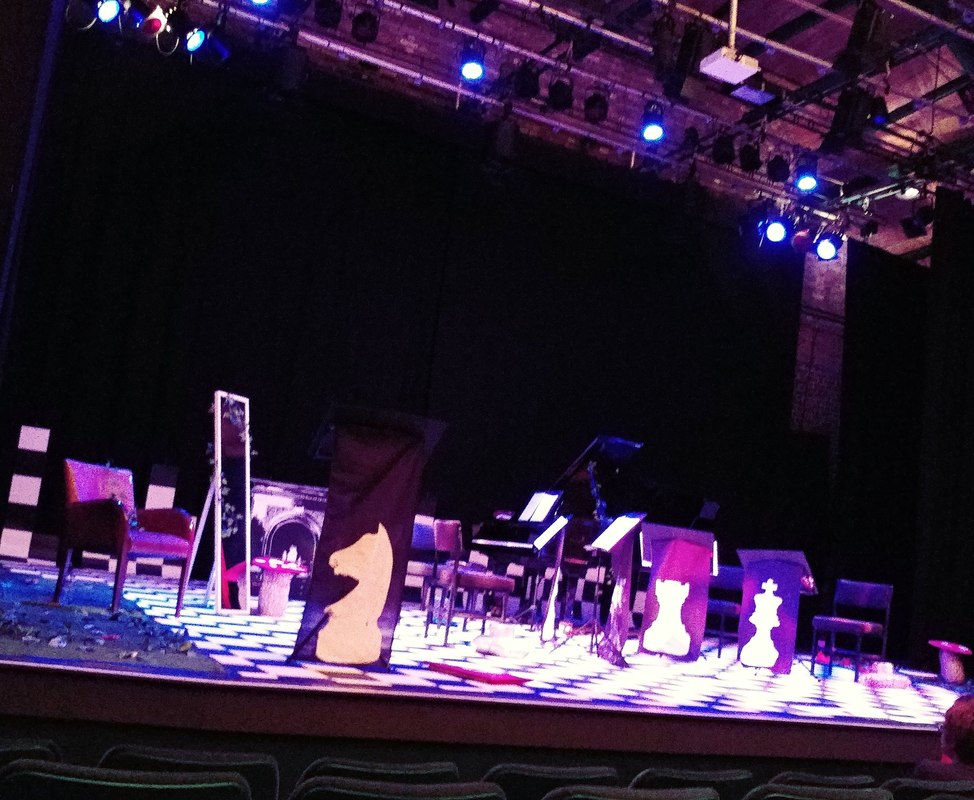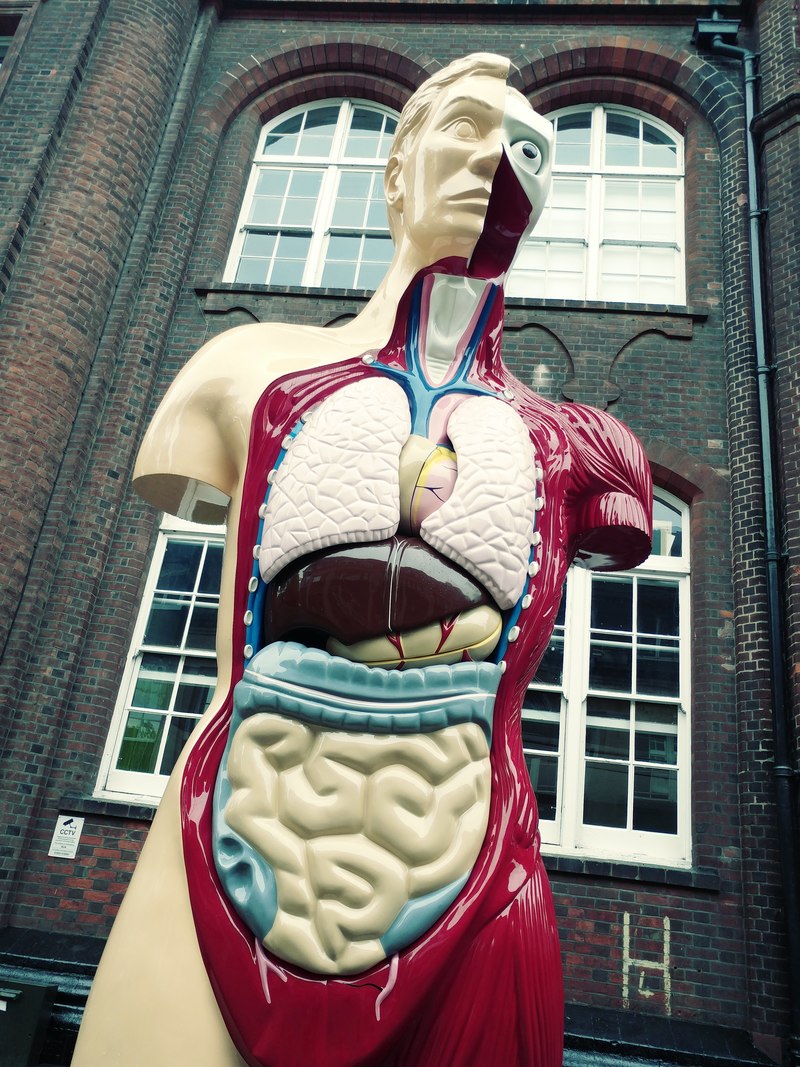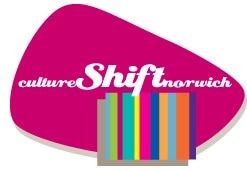This week she played as part of the Norfolk & Norwich Festival at Norwich Playhouse - a perfectly-sized venue for this kind of recital, mid-way between chamber and concert hall. Three performers - Maya with the 78-stringed qanun, Elizabeth Nott, percussion and Barney Morse-Brown cello. Maya declared herself a story-teller at the start and so she guided us through the background to her pieces, many written by herself documenting the emotions of a Syrian affected by the war of the last 7 years. Even though she lives with her family in London, she is clearly strongly attached to her homeland and her roots in Damascus and drew mental pictures for us of sunshine, fresh figs and coffee.
She says ‘The war started in my homeland in 2011. From that point on making music was no longer a choice, it was a crucial means to express and come to terms with intense feelings of loss and sadness from seeing my people suffer and my homeland destroyed. On a hot summer's afternoon in London in 2012 I was watching the news. At the time I felt overwhelmed, as if I was going to explode, so I held my qanun and 'Syrian dreams' came out of me. That was the very first piece of music I wrote'
And Syrian Dreams was the first piece she played, followed by a tribute to Egyptian musician Feride. Many of her pieces directly recorded events. She described a night when she heard that a four-year-old girl had died in her bed, cuddling a soft toy when a bomb fell on her home, and the falling of rose petals as a symbol of peace featured in one composition Bombs turn into Roses. The Seven Gates of Damascus uses seven scales, one for each gate. (This piece is also the basis for a PhD thesis and project.) Her music is based on classic Arabic scales but she incorporates jazz and flamenco rhythms which modernised the traditional sounds, sometimes sounding like an Egyptian casbah and sometimes a modern jazz club - although I have to say that the qanun is not perhaps really a jazz instrument. Her fingers flew almost impossibly over the strings sat on her lap, reminiscent of a harp in sound, light and twinkly or raging and powerful as she physically worked the strings with finger picks.
Her two accompanying musicians were very well accomplished - sensitive to her interpretations, watching her carefully for cues. All had a bit of an issue with tuning their instruments though - slight embarrassments on stage as first Elizabeth had trouble getting the right tension on a bohran-shaped drum and then Barney had to get his cello in tune. Maya joked that usually it was her instrument that went astray. Elizabeth’s percussion was amazing. She has long and slender arms and fingers which both held the various flat drums while she played complex rhythms, crisp and taut tambourine and larger round-framed drums, one embellished with chains on the inside to add power to the sound.
All-in-all a very warm and friendly concert, full of interest and intrigue. Maya herself open and communicative and obviously as passionate about her instrument as the nine-year-old girl that heard it playing on the radio in a taxi in Damascus. Let’s hope her road to success continues - I am sure it will.


 RSS Feed
RSS Feed

